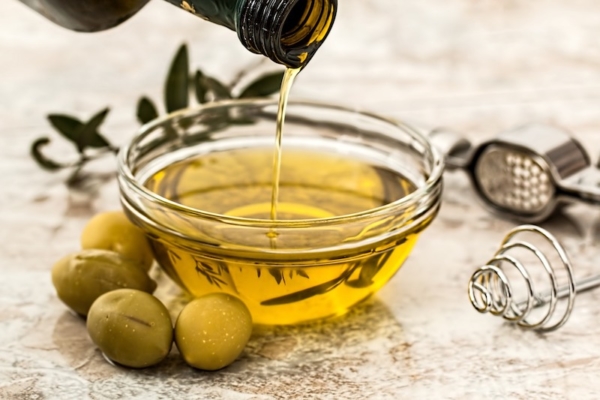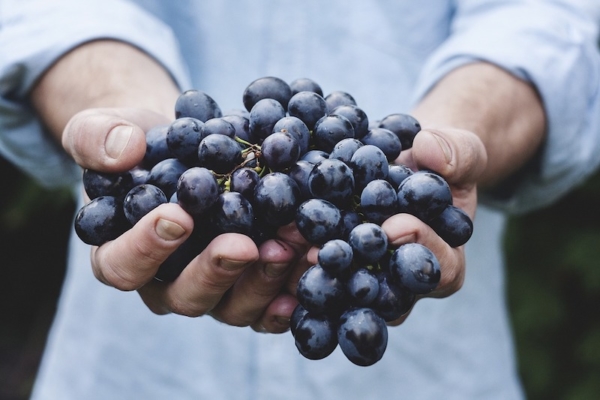 Applied spectroscopy in food and beverage industry
Applied spectroscopy in food and beverage industry
Measuring Quality of Virgin Olive Oil with Spectrometers
High demand for extra virgin olive oil made this article a profitable target for counterfeiters. A recent study reported that approximately 65 % of bottles labeled as “Imported Extra Virgin Olive Oil” in the US market are lower grade oils. A test with spectrometer measuring light absorbance can determine if the quality of oil really represents the high standards set for extra virgin olive oils by USDA. Extra virgin olive oil shows peaks around 410 and 650 nm, what considerably differ from adulterated oils. This simple method can distinguish pure virgin olive oils from counterfeited products.

Handheld spectrophotometers can be used in the field to determine the right time for harvest as certain varieties are harvested at the different stages of ripeness. Olives are normally very bitter, the producers of canned olives use brine, lye or water to cure them. The chemical composition of brine can affect the quality of the final product, including taste, structure, and color. Portable spectrophotometers are extremely precise and allow producers to measure the entire process and keep the quality consistent.
Measuring Quality of Wine with Spectrometers
When it comes to wine, researchers found that visual experience is even more important than we previously thought. Aesthetics of this beverage can affect consumer perception as much as taste or smell. The color and spectral absorbency of light can determine the quality and age of a wine. Winemakers are nowadays using spectrometers and colorimeters to measure the performance of their wine and prevent potential problems. Chemical composition has a major effect on the final product, colorimeters can preciously measure the content of various chemicals in wine and provide a complete picture for winemakers.

Portable spectrometers are used in the process of fermentation, especially in white and rose wines. The winemaker needs to be very precise to achieve the desired color and flavor of a rose wine. Even though there is a long tradition in winemaking, modern technologies such as spectrometry can make this process even more effective. A human eye is, unfortunately, not perfect but spectrometer can recognize early problems and prompt the necessary action.
Non-destructive Testing of Fruit Ripeness with Portable Spectrometers
The market requires a certain level of consistency in quality of fruit and vegetables. International supply chains make this entire process more complicated and the requirements for the quality are very specific. To minimize the waste of produce and loss of profits, farmers need to measure the ripeness and the quality of their produce.

Portable spectrophotometers and spectrometers allow farmers to measure UV fluorescence of chlorophyll in fruit skin. This method is non-destructive and can determine the possible defects, damage or the stage of ripeness in fruit. Farmers and producers are now able to determine the exact time for the harvest or take necessary measures to revert the damage early on. Field spectrometers provide real-time data with a great precision.